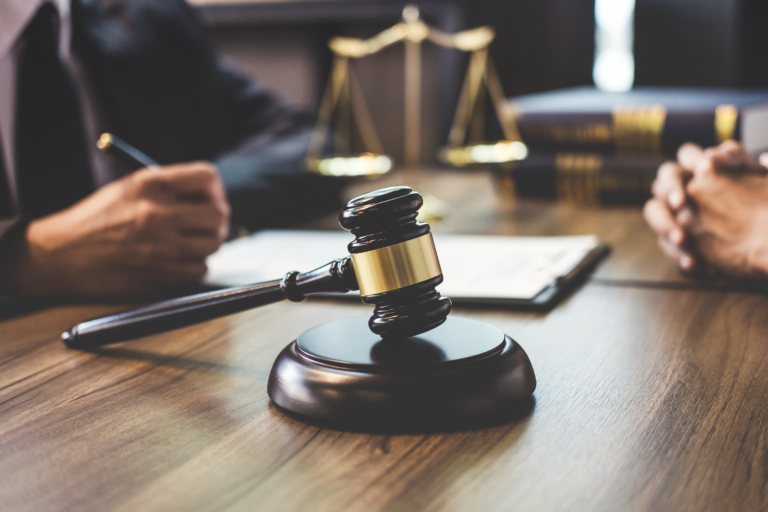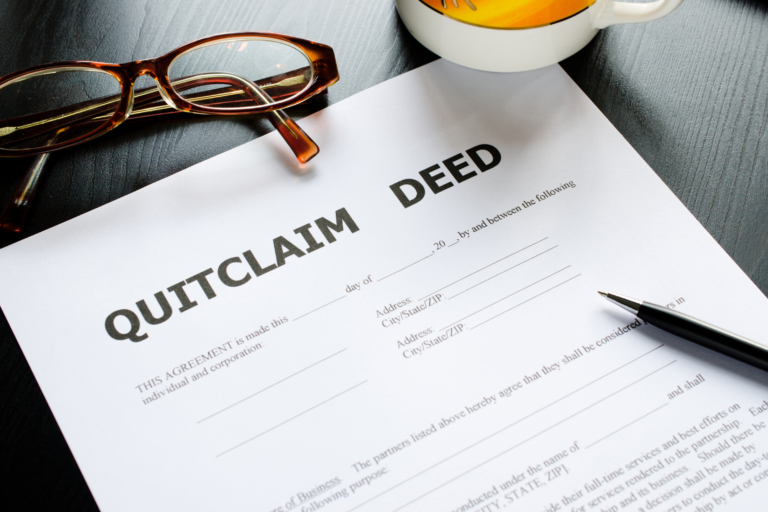Dealing with the passing of a loved one is not an easy situation, especially if you are responsible for administering the deceased’s estate. If a person dies with outstanding debts, the heirs can only receive their fair share of the estate after all obligations are settled.
Who is responsible for a deceased person’s debt in Florida? Read on to find out.
Who is Responsible for a Deceased Person’s Debt in Florida? – The Fundamentals
When someone dies owning money to creditors in Florida, that person’s debts will not automatically cease to exist simply because of his or her passing. However, it does not necessarily mean that a surviving spouse or heir must pay for a dead relative’s debt.
In most cases, the decedent’s estate is responsible for paying off any outstanding debts. If a Florida resident dies and his or her estate is subject to probate, state law establishes a specific period for creditors’ claims.
The creditors have the right to lay claims against the decedent’s estate to collect from bank accounts, savings, and assets. The personal representative (or executor) must respond or object to claims based on their validity.
Valid claims must be paid off using the decedent’s estate. If the estate is insolvent and does not have sufficient funds to pay off the debts, creditors cannot go after the decedent’s family to collect. In such cases, the debt goes unpaid.
Who is Responsible for a Deceased Person’s Debt in Florida? – Exemptions to the Rule
Please note that there are exceptions for specific cases in which creditors may go after the decedent’s family to collect the owed amount.
The first exception is when someone signs an obligation to pay joint debts. For example, if a Florida resident dies owning a joint credit card, the joint account holder is responsible for paying the decedent’s credit card debt.
It is important to understand the difference between an account holder and an authorized user. If the deceased has a credit card with a close relative named as an authorized user, that person cannot be held liable for any outstanding debts.
Another exception includes persons named as executors who violate Florida probate law. When a Florida court appoints someone to serve as a personal representative, that person must uphold a fiduciary duty and act only in the best interest of the estate and its beneficiaries.
If a personal representative neglects to pay or prevents creditors from collecting by mismanaging the decedent’s assets, the creditors can go after the executor’s personal assets to collect the owed amount.
Cases involving spouse debts may also give creditors the right to collect from the surviving spouse’s assets. This type of situation can be even more complex if the decedent resided in Florida but died owing spousal debt in a community property state.
Dealing with spousal debts is a complex task that requires expert legal guidance. Make sure to seek professional advice when dealing with a deceased’s debts in Florida.
Settling a Deceased’s Debts in Florida – Immediately Contact Your Florida Probate Lawyer
Waste no time with uncertainty – contact Attorneys Romy B. Jurado and Diana C. Collazos today by calling (305) 921-0976 or emailing [email protected] to schedule a consultation.






